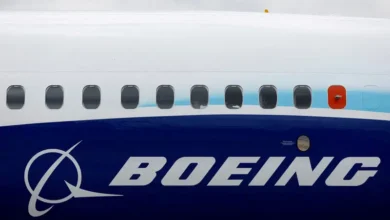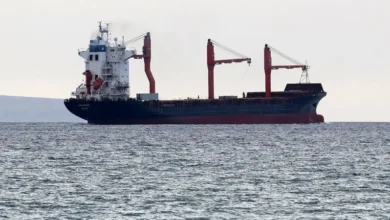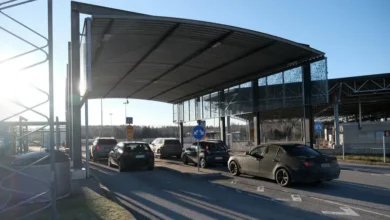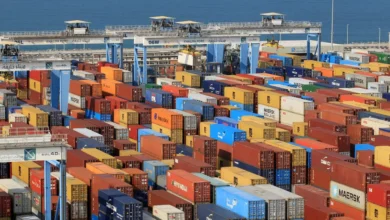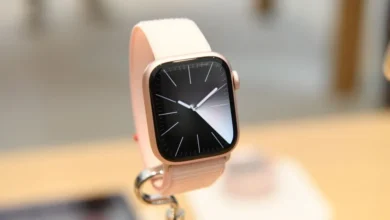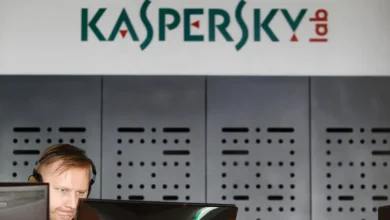China on track to test world’s first flying taxi service this year

China gave EHang Holdings Ltd. the go-ahead to begin trial air-taxi operations this year, a step toward the company’s goal of launching the world’s first commercial service using the futuristic battery powered craft.
US-traded EHang soared the most intraday this year on Friday after the company said its autonomous, two-passenger EH216-S secured China’s first type certificate signifying airworthiness from regulators. That will allow the Guangzhou, Guangdong-based company to work with local partners and conduct aerial tours of scenic locations such as Tianchi Lake in Xinjiang province and OH Bay in Shenzhen, it said.
The EH216-S, priced at 2.16 million yuan ($300,000), has eight arms jutting out from its center equipped with 16 propellers, each with its own electric motor. It can travel at about 100 kilometers per hour (62 mph) for 25 minutes, according to EHang, which declined to say how much a flying-taxi tour might cost.
Friday’s move by the Civil Aviation Administration of China gives EHang a potential edge over a crowded field of rivals in the US and Europe racing to meet stringent certification guidelines. Air taxis in development use multiple new technologies — including batteries to power the craft and innovative types of materials — that make them more complex for regulators to evaluate.
“Getting a type certificate means having a ticket to be profitable, said EHang founder and Chief Executive Officer Hu Huazhi. “It also gives us first mover advantages compared with the US.”
EHang ADRs advanced as much as 51 percent from their last close on October 6, for their biggest intraday gain since December 2022. They were up 25 percent as of 10:26 a.m. in New York, for a market value of about $1.3 billion.
Developers of so-called eVTOLs, or electric vertical takeoff and landing vehicles, have suffered periodic setbacks that underscore the safety challenges involved in designing, manufacturing and operating air taxis. The UK’s Vertical Aerospace Ltd. blamed a bonding issue for a high-profile crash in August.
Others targeting certification in the near-term include Joby Aviation Inc. and Archer Aviation Inc. in the US, and Germany’s Volocopter Gmbh, which aims to operate a service during the Paris Olympics next year.
Initial models from each of those companies require a pilot, unlike the EH216-S. Archer is working with Boeing Co.’s Wisk subsidiary on future autonomous flight technology.
Each company is losing money while it seeks to bring aircraft to market. However, regulators are taking a cautious approach. The Federal Aviation Administration in July said it didn’t expect to see air taxis over US cities in numbers before 2028. The CEO of Archer, meanwhile, told the Financial Times in June that the European Union Aviation Safety Agency’s guidelines will make it “extremely hard to bring the vehicles to market.”
Some startups, including Google co-founder Larry Page’s Kittyhawk project, have been forced to wind down.
China has made development of eVTOLs a priority. Should its trials meet the country’s regulatory standards, EHang would gain revenue and have the opportunity to build a track record as it seeks certifications elsewhere. The company is also working toward FAA approvals.
This week, Chinese authorities including the Ministry of Industry and Information Technology and the CAAC stressed the importance of eVTOLs in its plan to develop the country’s environmentally-friendly aerospace sector by 2035.
EHang said it’s received pre-orders for 100 EH216-S aircraft at home and pre-orders for more than 1,200 such vehicles from overseas markets including Japan, Malaysia, and Indonesia.
